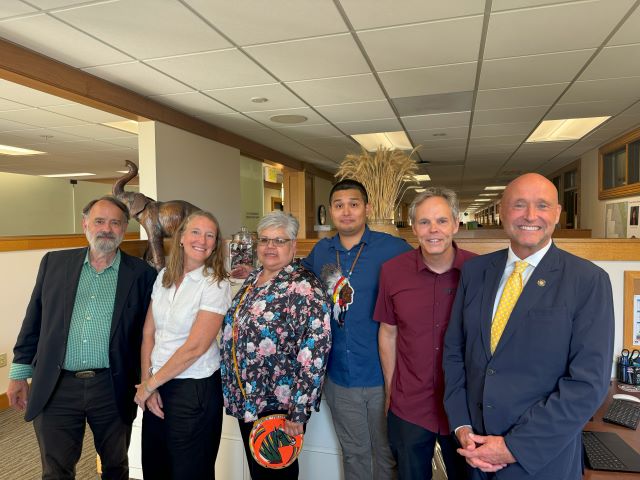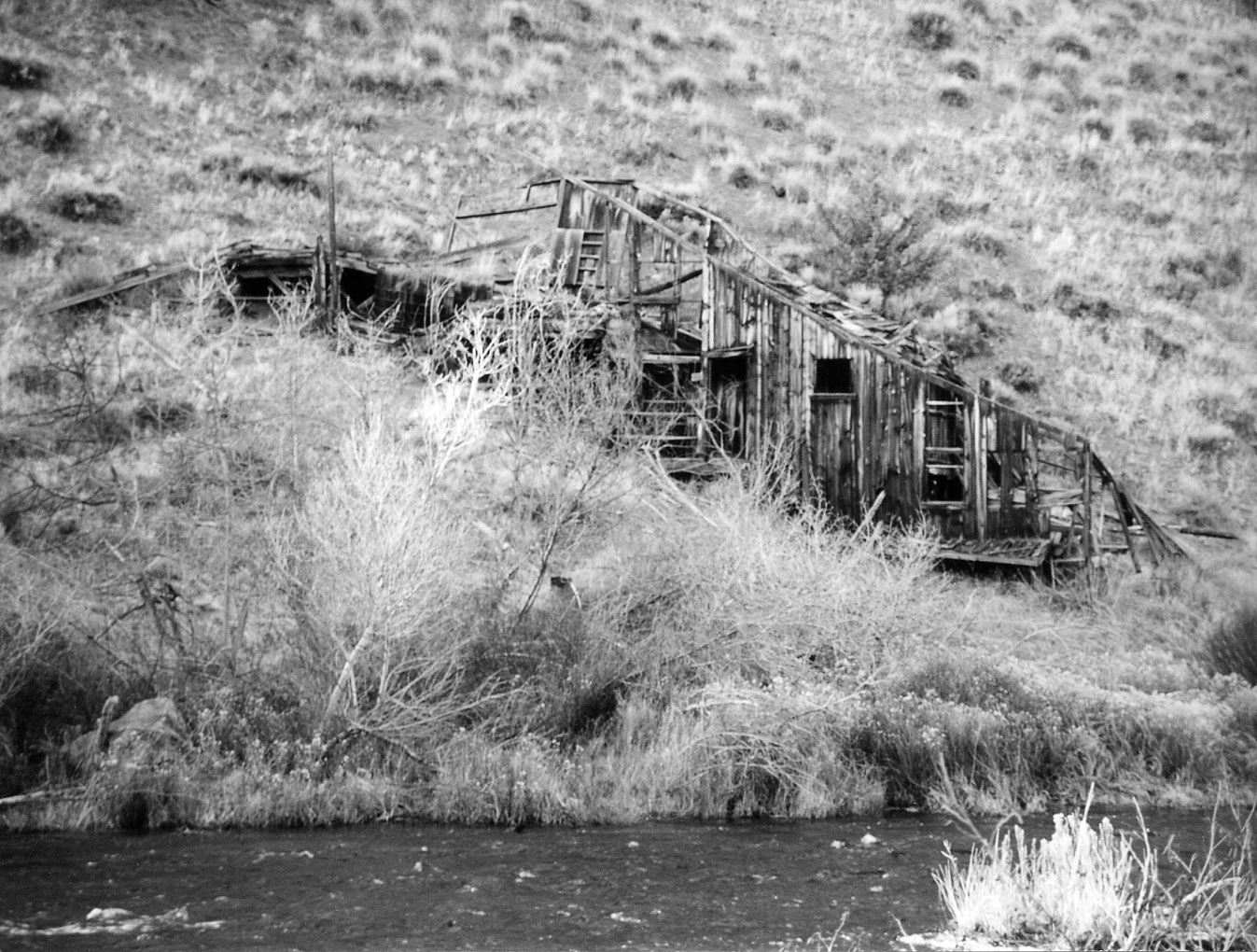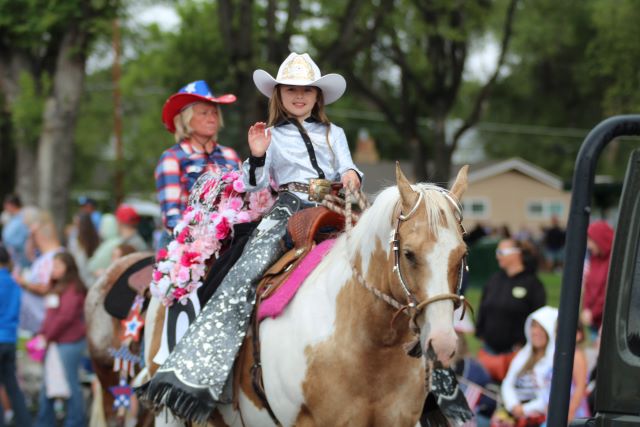State grants Warm Springs project $3.8 million
Published 3:58 pm Monday, July 7, 2025

- Members of the Warm Springs Community Action Team pose with Rep. Greg Smith, far right. Smith and the Ways and Means Committee backed a $3.8 million grant from the state to the WSCAT for the Commissary Project. Courtesy photo.
The State of Oregon has approved a $3.8 million grant to the Confederated Tribes of Warm Springs to fund the multi-purpose retail center project known as The Commissary.
Rep. Gregory Smith (R-Heppner), Co-Vice Chair of the Joint Ways and Means Committee, announced June 27 that the committee approved $3,843,973,000 for the construction of the Warm Springs Commissary. That grant, along with the $3.3 million the organization has already raised through donations and pro-bono work, will fund the remodel program. The only element not yet funded is the commercial kitchen.
The Commissary project calls for the remodeling of the commissary, a former U.S. Government storehouse built in 1896. The remodeling project, headed up by the Warm Springs Community Action Team, will turn it into a space for retail and food businesses that would expect between 400 and 500 daily visitors.
The Commissary and surrounding food truck pod site is expected to help revitalize Warm Springs with a community gathering space at a key rest area along the Portland-Central Oregon corridor.
Trending
The state funding gets the Commissary Project closer to its $7.1 million finish line. The organization behind the effort had raised an other $3.3 million from a variety of charitable organizations and private donations.
According to WSCAT Capital Projects Officer Chris Watson, the organization is working with Bohemia Food Hub and Hacker Architects to fully complete the design of the commercial kitchen.
“We intend to apply for funding for the commercial kitchen from the USDA Indigenous Animals Program, other Native American food sovereignty program sponsors, and the Murdock Charitable Trust,” said Watson. “We also hope to work on this project with some of the funders who have gotten us this far in the project. ”
Julie Quaid, WSCAT board president, celebrated the state funding allocation by saying, “The Commissary Project will help invigorate the local Warm Springs economy by providing Warm Springs tribal members with a new community gathering place and an important space to conduct business. It will do a lot to strengthen the economic and social fabric of our community. We couldn’t have made this happen without the support of the legislature, and we are very grateful.”
“Special thanks to Representative Greg Smith, who worked with us for three years to help push this project through, and to Representative Tawna Sanchez, who strongly supported the project,” stated Chris Watson, capital projects officer and past executive director of WSCAT.
Smith affirmed his support for the project, stating, “I’m incredibly proud to be a chief advocate for the Warm Springs Commissary project. This investment honors the rich history of the Warm Springs people while building a vibrant economic future for the community.”
Smith went on to state, “The Commissary will serve as a hub for entrepreneurship, cultural expression, and economic opportunity, not only for Warm Springs but for the entire region. It’s been a privilege to work alongside tribal leaders, WSCAT, and community members to bring this long-awaited vision to life.”
Smith is the Republican budget leader who represents the entirety of Morrow, Gilliam, Sherman, Wheeler, and Wasco counties, as well as portions of Clackamas, Jefferson, Marion, and Umatilla counties. In Jefferson County, he represents much of the north section, including much of the Agency Plains, along with the Warm Springs community.
Trending
Project started in 2017
The Warm Springs Commissary project officially started in 2017.
Phase one of the project includes renovating the commissary building interior, with retail space, co-working space, classrooms, and conference rooms. The plan also includes adding a food court area set up for local food carts and trucks to open. It also includes all the infrastructure work for the project, like improving sewer and water piping, leveling the ground, and adding solar panels to the building. It cost $1.2 million to get the site ready and the building moved.
The commissary building itself was constructed in 1896 and is the oldest building on the reservation. The 5,000 square foot building was originally designed as a storage depot and distribution point for food, grain, flour and supplies by the federal government. It now stands as one of the only original buildings in the downtown area.
Funding the project has hit roadblocks along the way. WSCAT initially applied for a construction grant from the state in 2023, which would have provided $2.7 million for the project. However, because of the Legislature shutting down due to Republican walkouts, the funding was never voted on.
“The shutdown resulted in us not getting funding, which was frustrating,” said Watson in a Jan. 2024 interview. “That would have allowed us to start working on this project in the spring this year. We’re not giving up, and we’ll try for the funding again. Rep. Greg Smith has been very supportive, and we’re hopeful.”
That patience paid off.
###







